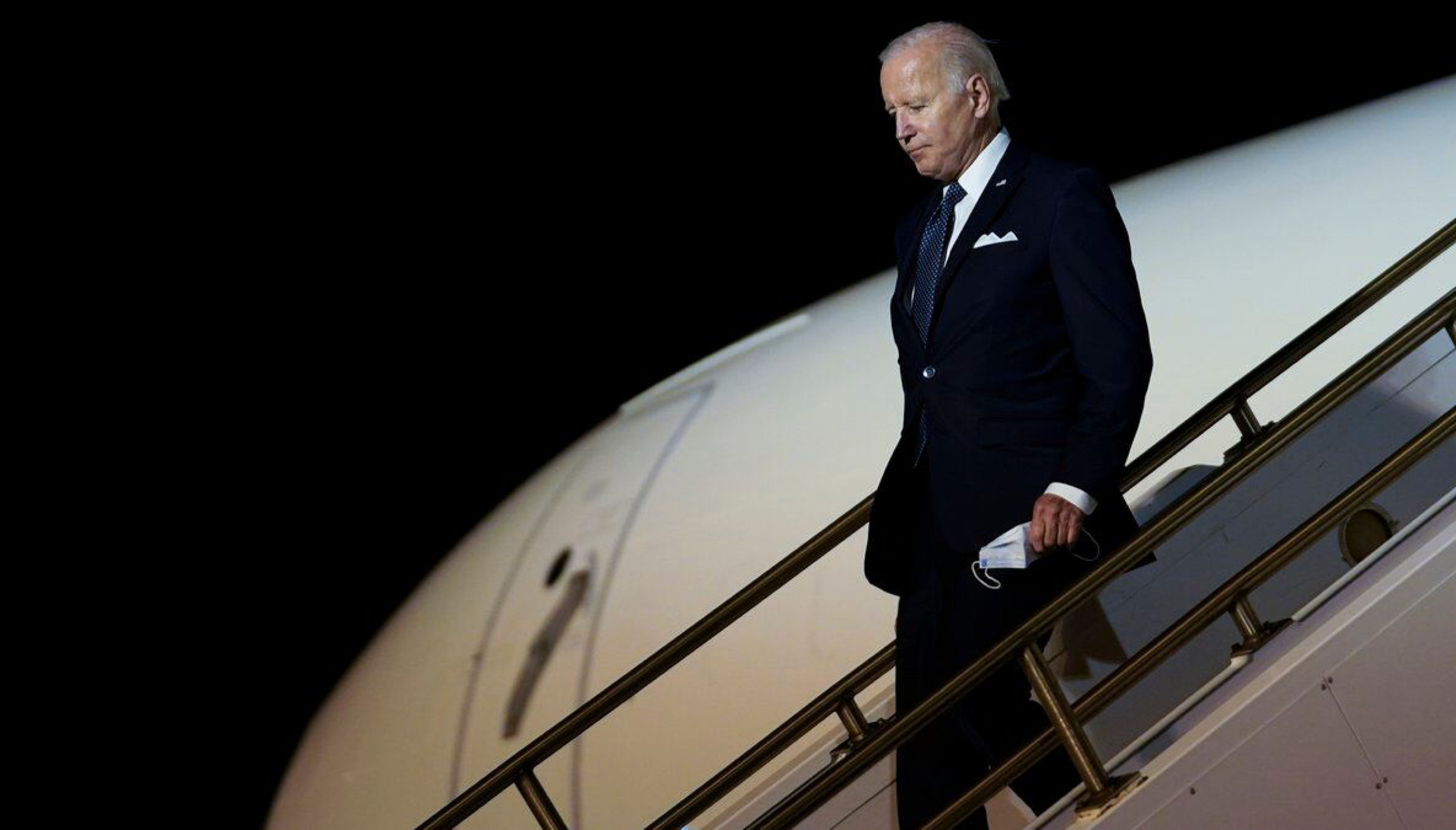What Happened?
On February 5, 2023, Iranian Supreme Leader Ali Khamenei issued a conditional pardon. According to a statement published on the Supreme Leader’s website, “Following a proposal by the head of the judiciary to the Leader of the Islamic Revolution to grant a pardon and reduce the sentences of a large number of defendants and convicts in the recent events, as well as those sentenced in general courts, revolutionary courts, and military judiciary, Imam Khamenei approved this proposal".
A Closer Look:
The pardon coincided with Iran’s celebration of the 44th anniversary of the Islamic Revolution, and it is not the first time. Iran’s celebrations of this occasion often include pardons for some prisoners. However, the uniqueness of the recent announcement lies in the context of unprecedented internal and external challenges facing Iran, which are described as the most serious since the revolution erupted in 1979.
The number of pardon beneficiaries is estimated in the “tens of thousands,” reported Iran’s state news agency IRNA, including many of those arrested during the recent protests. Human rights agencies estimate the number of those detainees to be around 20,000, with approximately 100 of them facing sentences that could reach the death penalty. Conversely, the pardon excluded dual nationals, those proven to have collaborated with foreign entities, individuals convicted of committing arson and vandalism of public property, those convicted of crimes punishable by death, and those who do not acknowledge or regret their crimes.
A Turning Point!
The conditional pardon was proposed by the head of Iran’s judiciary, Gholam-Hossein Mohseni-Eje’i, as part of the Iranian authorities’ plans to move past the protests that lasted more than 142 days and escalated in intensity as it spread across various Iranian cities. The authorities, having failed to quell the protesters by force, resorted to this measure. It is estimated that hundreds of people were killed and injured, and death sentences were carried out on several convicted individuals.
Although conditional pardons are common during state celebrations, this pardon, under the current circumstances, represents a new approach to handling cases of demonstrations and protests. The authorities aim to present a more understanding and flexible image, while simultaneously reflecting the significant real costs the regime is enduring due to the recent wave of protests that were unprecedented in terms of their scope and duration.
With the ongoing challenges facing the Iranian regime, it is likely that the coming days will reveal exceptional concessions. They may not only pertain to internal issues, such as the hijab and the regime’s approach to addressing popular demands, but also extend to its foreign policy. This includes numerous Middle Eastern issues and nuclear negotiations.







